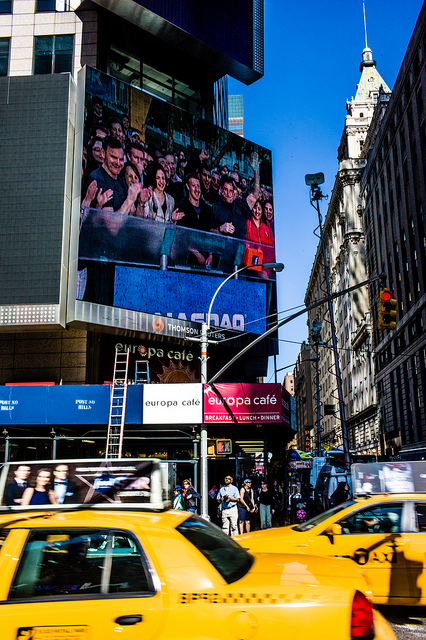In the tech world, some say it’s 1999 all over again
By Becky Vlamis, Caroline O'Donovan

In the tech world, some say it’s 1999 all over again
By Becky Vlamis, Caroline O'Donovan
Writer Curtis Silver, a guest on Wednesday’s Eight Forty-Eight, wrote about the latest bubble in a recent article on Wired. He thinks that the social media bubble keeps on metastasizing because of its ubiquity in our lives and lexicon (Facebooked anyone lately?). Facebook’s lower-than-expected IPO, coming on the tail of Groupon’s, certainly increased the growing chorus of prognosticators.
Aside from hoping to get scooped up by a biggie like Google or Facebook, start-ups don’t really have a business plan. So far, with venture capital money still being thrown around like it’s 1994, that’s been enough.
Rob Schultz, senior director of VC firm Illinois Ventures, is still betting on the tech economy. “Things have changed completely since 1999,” Schultz says. “The companies have business models that are working, people are actually online today.”
Illinois Ventures is currently betting on a number of social tech start-ups, like ShareThis, a program that analyzes how people share information, and Katerva, which helps people find “influencers” by analyzing Twitter and Facebook connections. Schultz joins Eight Forty-Eight and explains why some argue that Facebook’s IPO was priced perfectly, and why he himself believes social tech is creating a healthy target advertising environment.
The show also examines the effect a deflated tech sector would have on the larger economy. Banks aren’t as intertwined in Internet giants as they were in toxic assets. Facebook going belly up would not, as the housing bubble did, force millions of Americans out of their homes. And some, including Silver, believe that even if social media does go bust, by the time it does there will be a new technology to replace it. If Facebook replaced Pets.com, the next step is anyone’s guess. Perhaps a computer chips in our brains?
